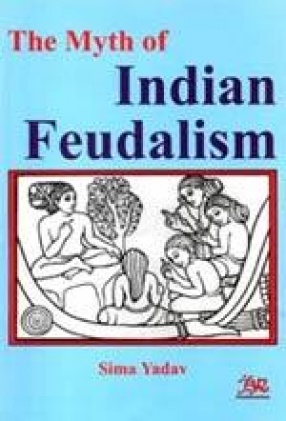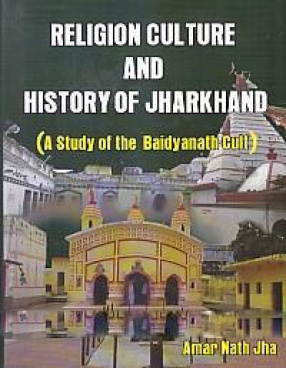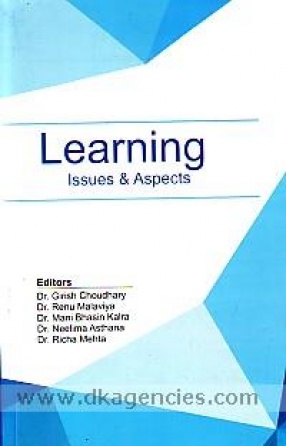This work of Dr. Sima Yadav attempts systematic refutations of R.S. Sharma’s theory of Indian Feudalism after subjecting a rigorous reassessment of land/village grants of Gurjar Pratihars, Pala, Parmara and Chandela dynasties and consolidating the observations of this reassessment in tabular form. The conclusion is that nor more than 33 villages were granted by kings of these dynasties ruling the whole of northern India from 700 to 1100 A.D., out of which only two were secular land grants, the rest being religious/educational in character. If the period is extended from 1200 to 14100 A.D. i.e. by 200 years more, the total number of village grants reach to a figure of 59 out of which only six villages were granted for secular purposes. As against this 82% of Mughal revenue went to 1671 mansabdars of Akbar’s India and yet Mughal Empire was not a feudal structure. Then how can with less than 0.001% of secular/administrative land grants, early medieval India go feudal? This is the main line of argument in this book. The form and spirit of European feudalism has been contrasted with the early medieval polity in order to show that the latter was not feudalism in European sense of the term and there is hardly any solid basis to call it Indian feudalism. Points raised by R.S. Sharma in favour of his arguments for the decline of trade, deurbanization, paucity of coins and emergence of a closed rural economy with a dependant exploited peasantry as necessary concomitants of Indian feudalism, as in Europe, has also been set aside. The positive meaning and purpose of the land/village grants as propounded in last three chapters have been held as corresponding to what has been traditionally proclaimed about them. The work is commendable in so far it boldly challenges one set of explanation of India land grants and is attempting another. Is contributing by way of reassessing the epigraphic material and highlighting the limitations and other implications of it, which the pioneers in the field were not able to detect. The book is characterized by laboriously made new observations and fact-based alternative interpretation of a very important source material.
The Myth of Indian Feudalism
In stock
Free & Quick Delivery Worldwide
Bibliographic information
Title
The Myth of Indian Feudalism
Author
Edition
1st ed.
Publisher
ISBN
8176464651
Length
xxvi+326p., Tables; Notes; References; Index; 25cm.
Subjects





There are no reviews yet.